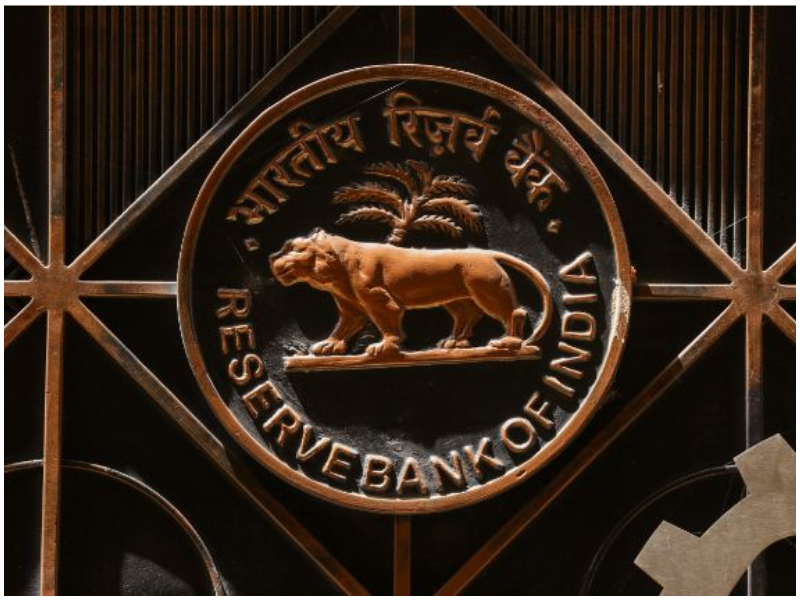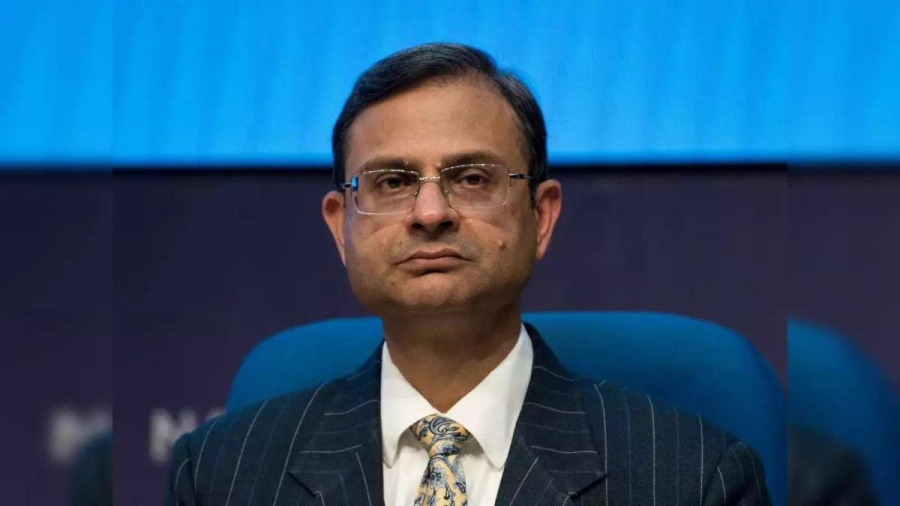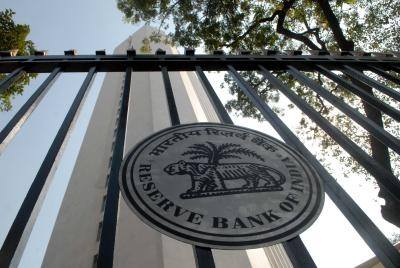The RBI may be mulling a revamp of the existing penalty structures, which may include increase in penalty amounts…reports Asian Lite News
Compliance is taking the centre stage with 4x increase in RBI penalties on regulated entities (FY20-23), IIFL Securities said in a report.
Increasingly, these penalties are imposed for failure to follow the required processes, deficiencies in risk management practices, and protection of customer interests after the RBI increased oversight of non-bank entities in the last few years.
In the words of RBI Governor Shaktikanta Das, financial stability is a ‘public good’ that the central bank has achieved with great efforts, and it intends to preserve and strengthen the same, the report said.
Channel checks indicate that the RBI has increased frequency and depth of inspections, deputed on-site inspectors at major NBFCs for continuous supervision and developed risk-based supervisory framework, SPARC, enabling the RBI to take pre-emptive actions, the report said.
“We also believe that the era of light touch regulations for FinTechs has ended with the central bank proposing to set up a FinTech SRO,” the report said.
Additionally, the RBI may be mulling a revamp of the existing penalty structures, which may include increase in penalty amounts, remuneration claw back for top management or imposition of additional capital charge.
While the RBI’s enhanced and pro-active supervision bodes well for the sector’s long-term health, it also warrants closer investor attention in case of the first few instances of regulatory censure, which could be a precursor to more stringent actions by the central bank, the report said.
In recent quarters, anecdotally there are multiple instances of RBI imposing fines/penalties on banks/NBFCs or other regulated entities.
“We note that increasingly, these penalties are being imposed for contraventions of not only statutory compliances, but also for failure to follow the required processes, and continuous supervision. This is in addition to the annual RBI audit of these entities,” the report said.
Some of the recent RBI measures such as tightening of AIF/ARC regulations, issuance of KFS, non-compounding of penalties, etc., can be attributed to the enhanced supervision of business practices of these regulated entities.
ALSO READ: Retail Market Eyes $2 Trillion by 2030














